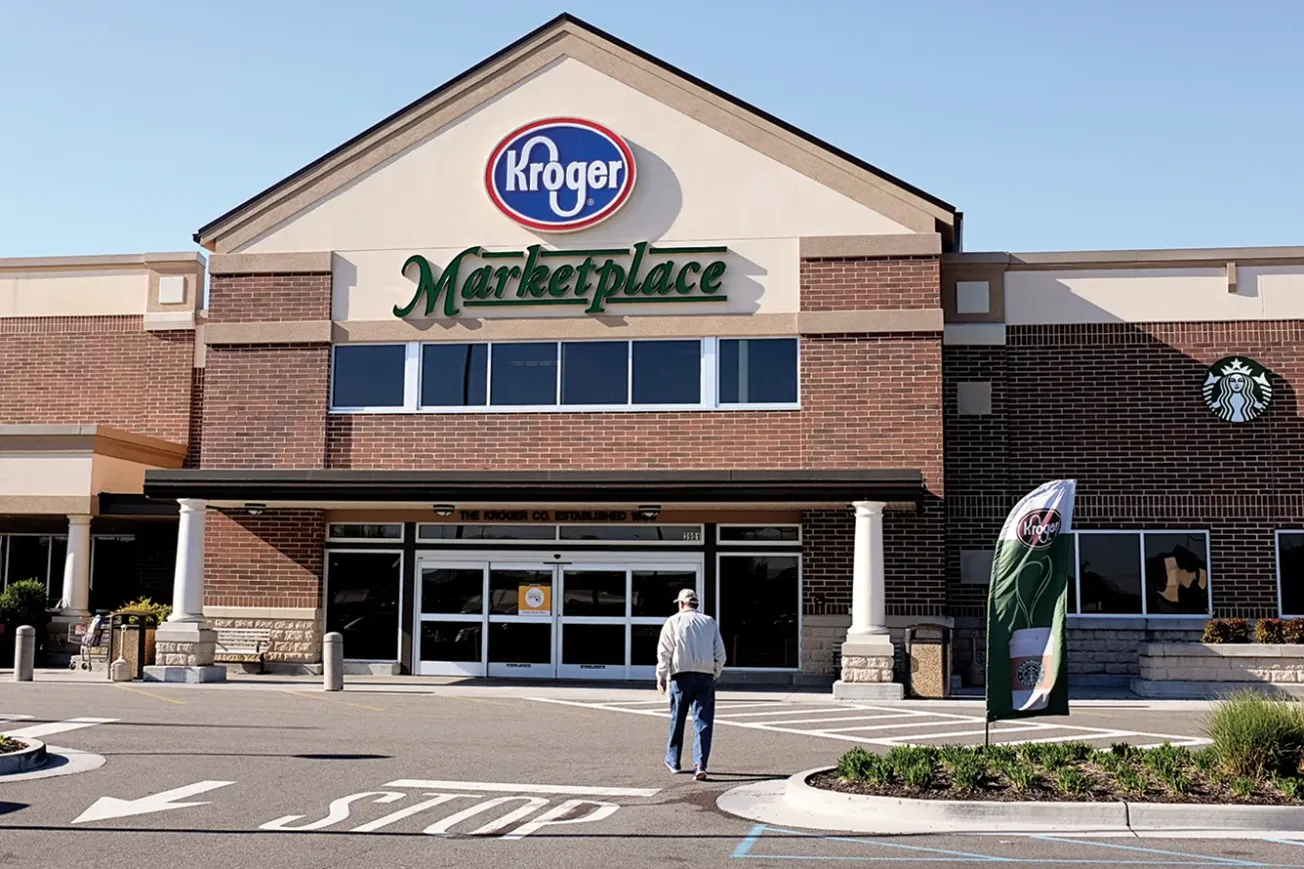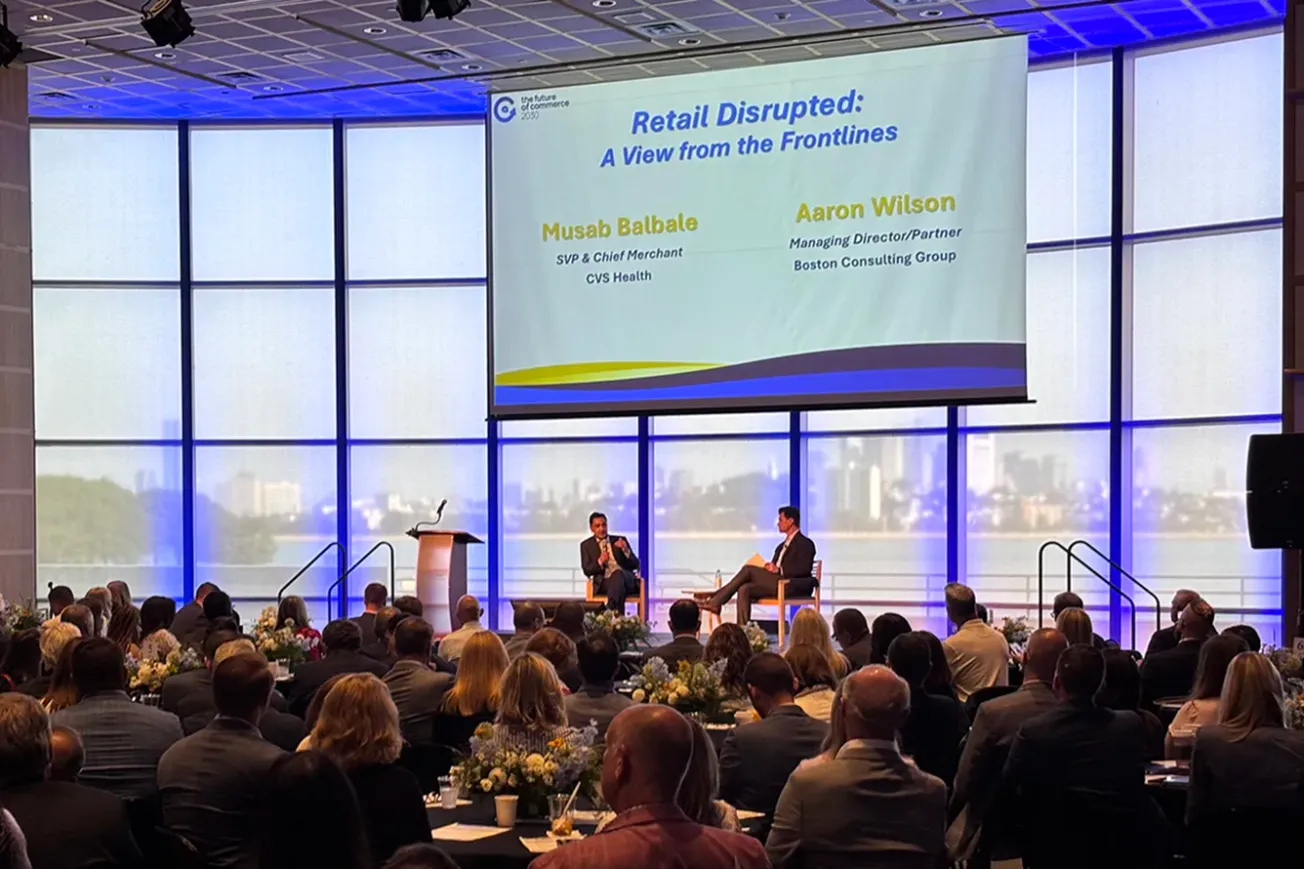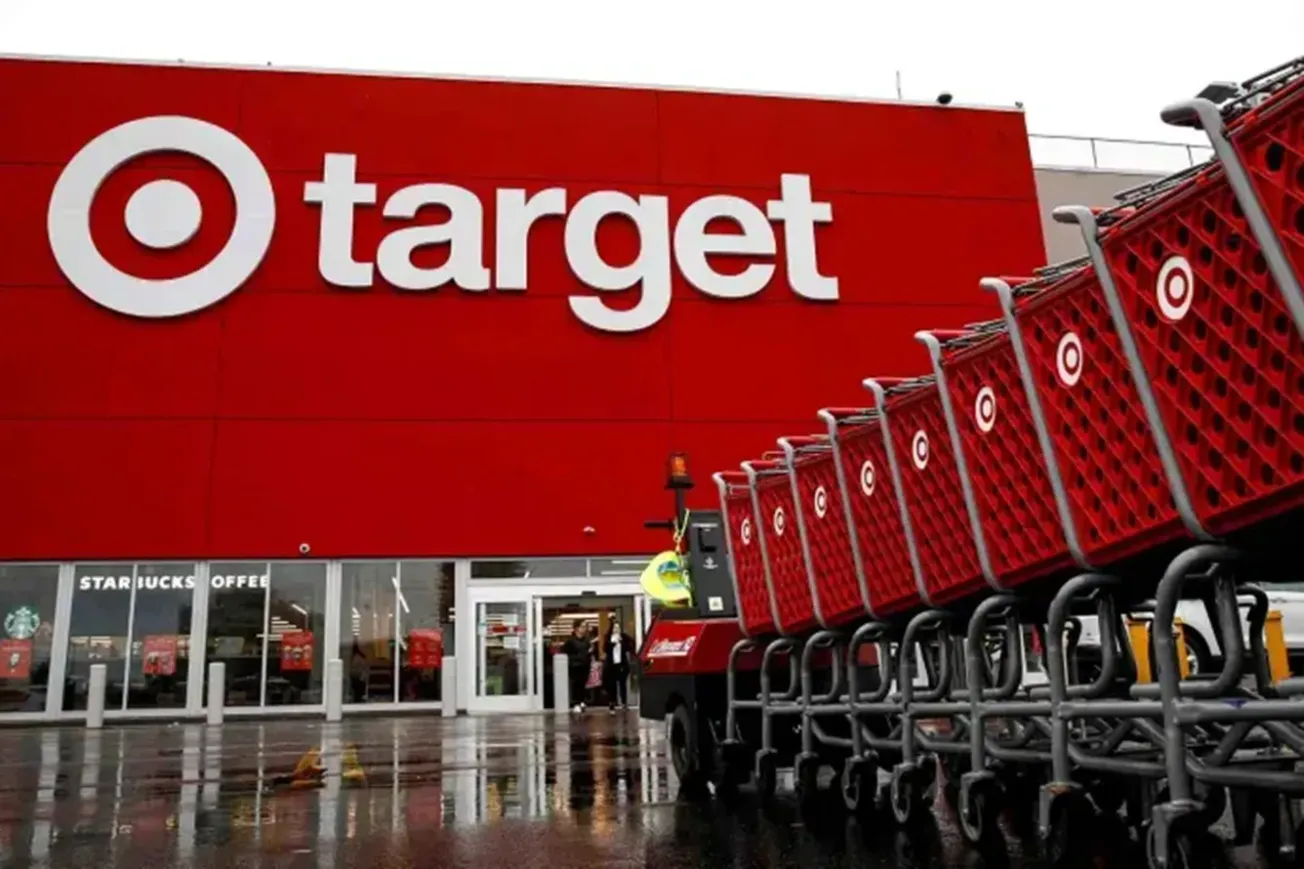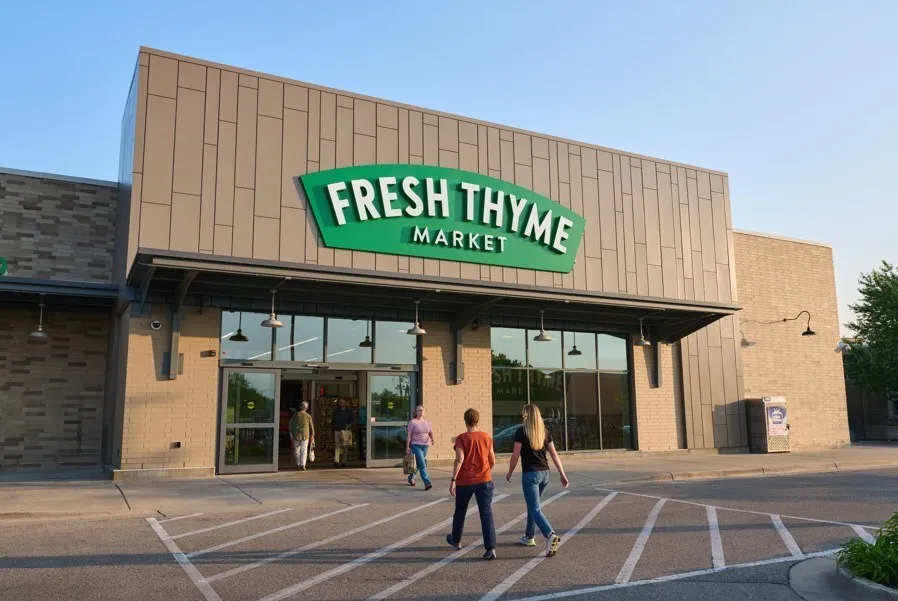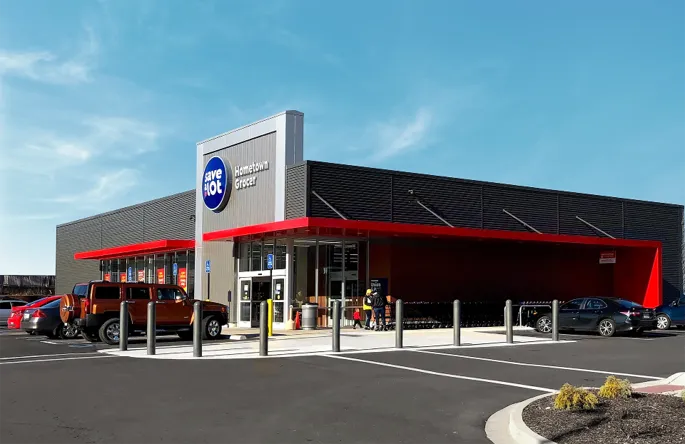As questions surrounding the apparently sudden departure of Kroger chief executive Rodney McMullen begin to assume a more realistic interpretation and speculation, a far more intriguing aspect of the situation has begun to assert itself: What’s next for Kroger?
The question is far more than an idle guessing game.
Kroger, as anyone following grocery retailing in America has long grasped, is not just another supermarket retailer. Rather, the food chain is routinely cited as the largest supermarket merchant in the United States — if, that is, one chooses to ignore such behemoths as Walmart, Costco and Amazon, which are commonly referred to as “discount” retailers.
Atop that designation, Kroger is still grappling with the fallout from its failed attempt to merge with the Albertsons supermarket retailer, itself a business of far more than modest size. In terms of the time, money, effort and resources Kroger poured into it, that possibly ill-considered marriage will carry scars far beyond the immediate future.
Then there’s Kroger itself, a food retailer on the cusp of several crossroads. Though its primary business of selling groceries is reasonably sound, there remains room for improvement — a situation facing many of America’s mass retailers today. Among the core decisions facing the retailer are those surrounding its future as an online retailer; how far to emphasize its private label offerings and whether to abandon, at least for now, its pursuit of an acquisition, particularly one that would bring it into the northeastern United States, a region that lacks Kroger representation.
Atop those questions that await decisions are those surrounding Kroger’s future in such areas as consumer data collection, retail media and personal financial services, each of which have contributed significantly to its bottom line.
Then, of course, there are the significant questions surrounding Kroger’s automated warehouse facilities or customer fulfillment centers, which currently number fewer then 10 — or less than half the number the retailer initially committed to in the not-so-distant past.
Taken as a group, these challenges are sufficient enough to deter any rational executive from attempting to resolve them. Or are they?
Common wisdom insists that Kroger remain in-house in searching for a new CEO. Certainly there is a wealth of in-house talent that is more than capable in confronting these issues. On the other hand (there’s always another hand), the job of Kroger chief executive is among the most prestigious and powerful in all of mass retailing. As such, it is certain to attract as candidates the most capable senior executives in the U.S. and global retailing communities. The question confronting Kroger: Will it choose the right person for the job? And, as a corollary: Will it do so quickly — but not hastily?
In other words, the clock is ticking …


